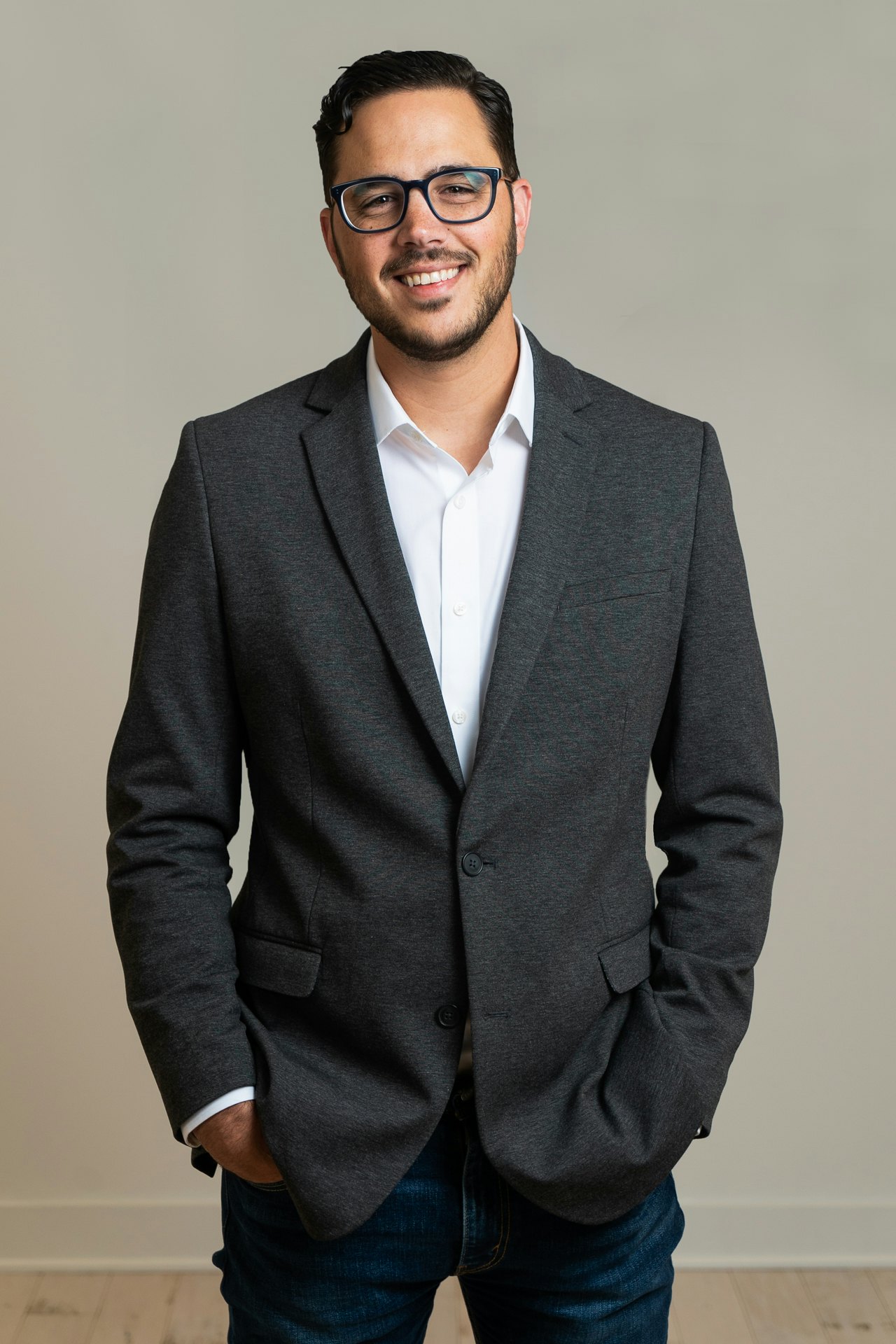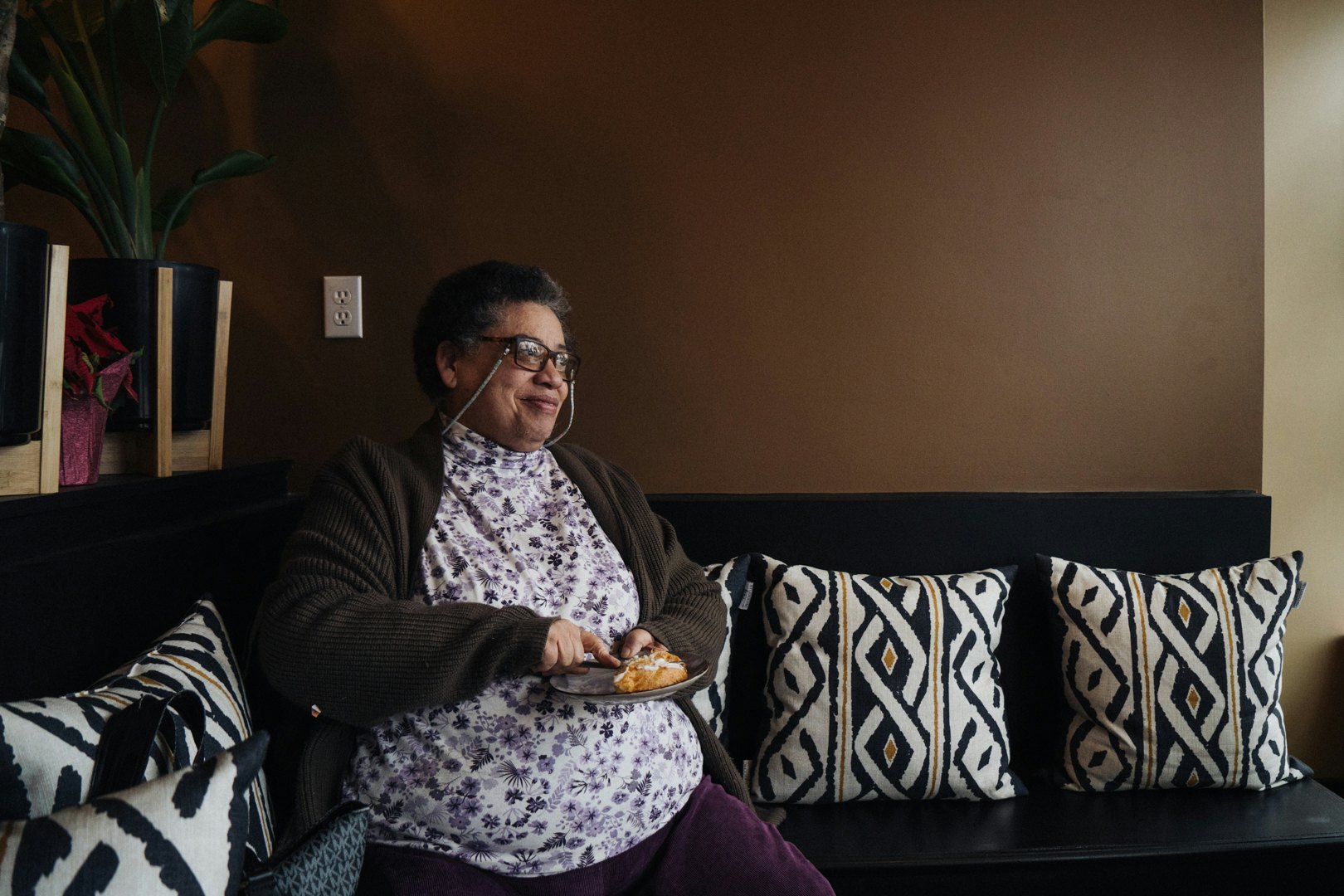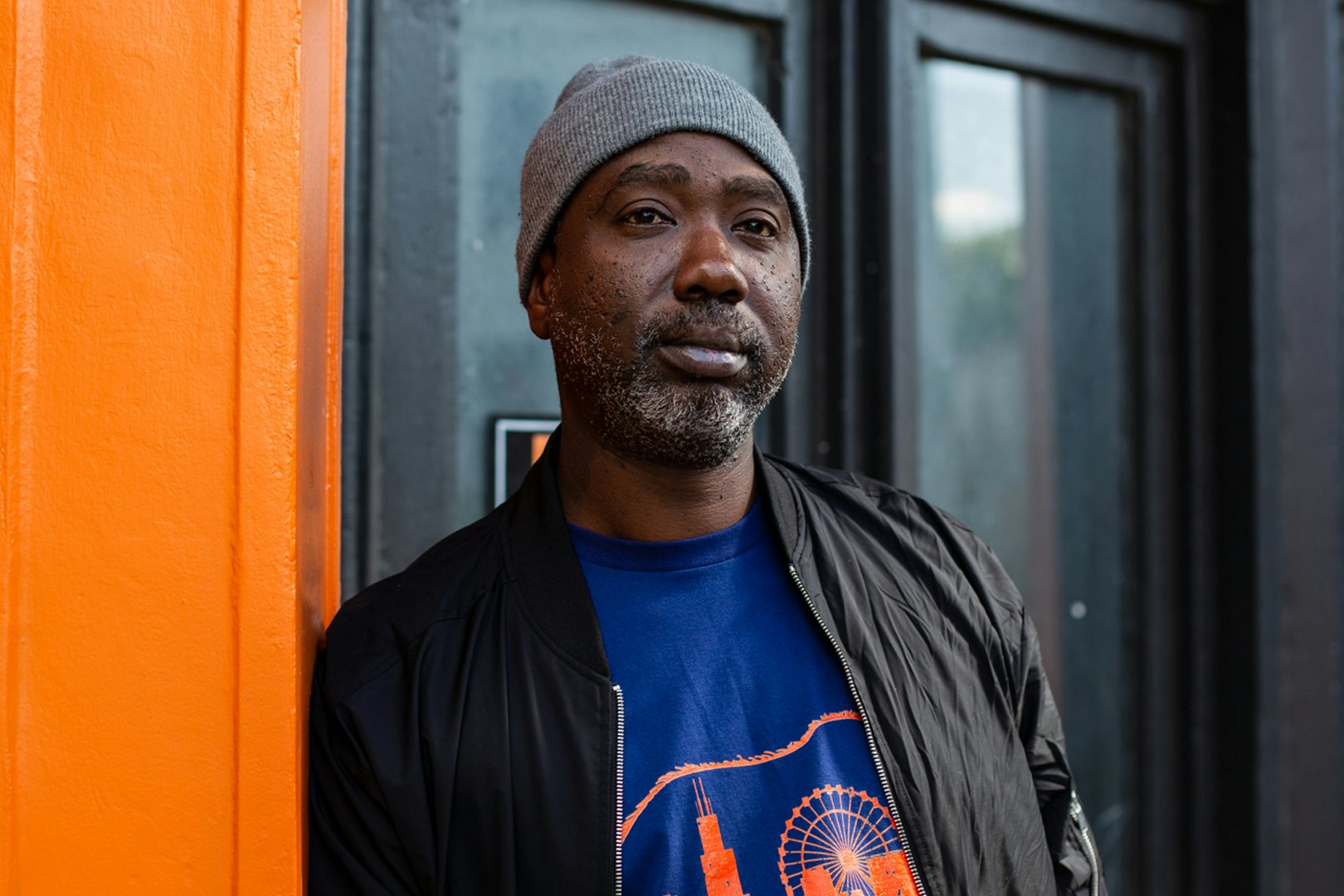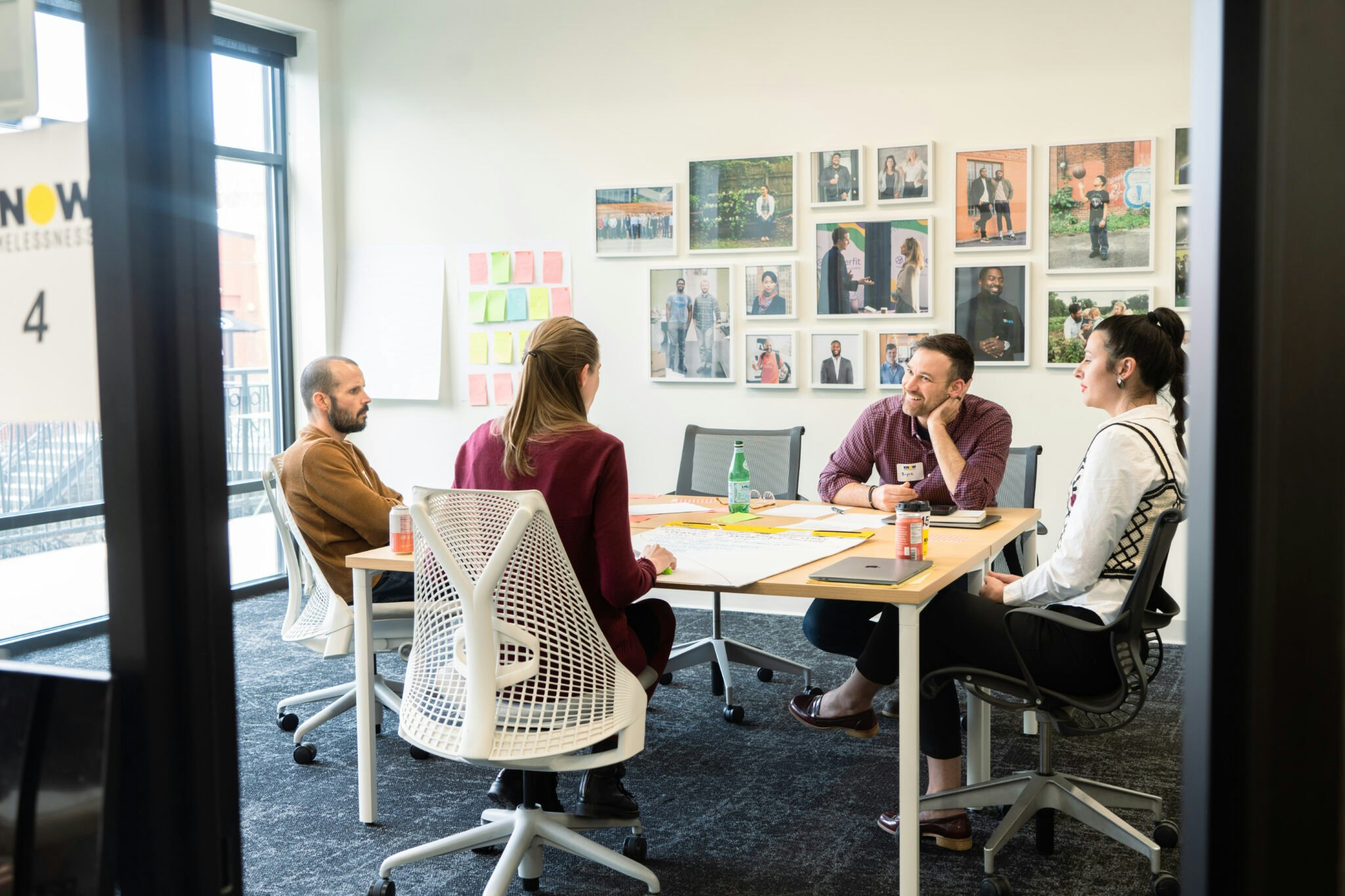Year In Review - Managed Assets
2020 has been a year unlike any other. It would be fair to say that everyone experienced some level of disruption in 2020 as we witnessed a global pandemic, economic shocks, social unrest, and contentious politics. The impact of these events altered our way of living, working, and relating to one another. While it is tempting to focus on the difficult moments of 2020 we draw encouragement from the passionate work of our partners.
Access Ventures seeks partners that share our desire to see people and communities flourish. We believe our financial decisions should not be in conflict with our corporate and personal values. Furthermore, we believe we can achieve attractive returns without compromising our mission to build more inclusive economies.
Access Ventures seeks partners that share our desire to see people and communities flourish
Conscious construction of one’s portfolio is difficult, but not impossible. Over time Access Ventures has sought to find efficient solutions to this complexity within each asset class and has sought out like-minded partners such as the Caprock Group to find, diligence and invest into mission-aligned investments that achieve above-market financial returns. In addition to a conviction to invest our capital in line with our values, we also believe that companies scoring well on environmental, social, and governance metrics will offer above-market returns in the long run.
As we move into a new year with cautious optimism for recovery, we want to pause and reflect on this past year. We asked three of our fund managers about some of the challenges, changes, wins and impact of this year. Here is what they said.
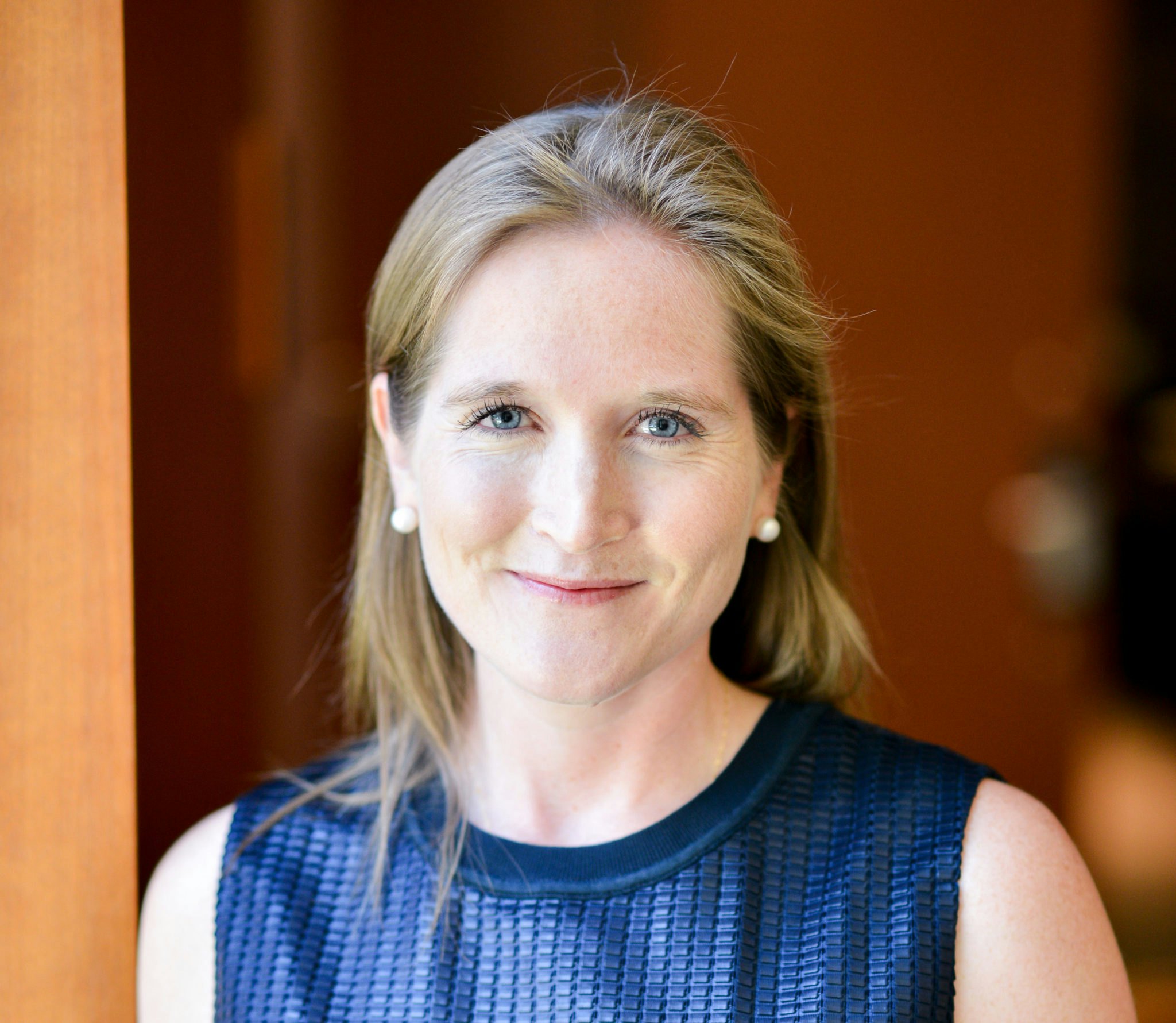
Victoria Fram – Village Capital
How did COVID-19 affect your fund? What have you learned from it?
In February and March as it became clear that Covid would present serious challenges to our portfolio companies around the globe, we proactively worked with founders to identify significant financing and business model risks, and to focus on the elements within their companies that they could control – lengthening cash runway, diversifying revenue sources, coming up with more contingency plans. As the waves of the virus were on different timelines in different regions, we were able to help companies in some geographies brace for the effect before it was widely accepted in their local market that they should close offices or start making plans to adapt. Entrepreneurship – and by extension investing in early stage enterprises – is a constant exercise in navigating amidst uncertainty and ambiguity. Covid presented an extreme example of this, and I learned, yet again, how impressive the founders we get to work with are as they showed calm and self-awareness under pressure, were transparent about what they knew and didn’t know (both the good and the bad), prioritized the safety of their teams, and pivoted their models in some instances to meet the urgent needs of the crisis. We often marvel at how multi-skilled the best entrepreneurs are, how vital it is in the early stages of company-building to have both a bias towards action and an instinct to reflect and constantly learn, and this crisis demonstrated that in depth.
What are you most excited about when you look to next year?
A change in national leadership that will bring the US and many of our relationships on the world stage back to being grounded in reason, science, empathy, appreciation for the strengths in our diversity, long-term views on how to maintain a competitive economy, and a belief in the possibility in our future. This year has shown how urgent so many of our social and environmental challenges are, and we absolutely need to have the political will and leadership to face them.
What has been one of the biggest “wins” of 2020?
One of our portfolio companies, Pear Deck, recently announced a merger with GoGuardian, which brings together two of the fastest-growing edtech companies and is a big win for all stakeholders, including both companies’ customers, their founding teams and employees, and investors. Pear Deck is a student-engagement platform that helps educators reach every student, every day whether in classroom or remote. It is the type of company we love to work with on many levels – a gender-diverse founding team with lived experience of the problem they were trying to solve as former educators, based in Iowa where they demonstrated that great, capital-efficient tech companies can be built anywhere. They had a roller coaster of a year as Covid introduced so much chaos into schools adapting to shutdowns, followed by remote or hybrid instruction. After seeing their usage plummet in the early phases of the pandemic amidst this chaos, they adapted to meet the moment heroically, making the product free for schools that were shut down, helping educators adapt to remote instruction with webinars and coaching sessions, and quickly rebounding to see their sales and usage grow 5x+ as they were widely recognized as an essential tool to keep students engaged and learning in such a challenging environment. Their dedication to embedding impact in their product so that they can demonstrate to schools how using Pear Deck improves equity, academic achievement, and classroom culture has always been a strong foundation for the company, and as they scale from reaching 8M educators and students around the world to many more with this merger, they will surely see that impact scale as well.
How were you able to make a positive social impact through your investments this year?
The vital need for solutions in many of the sectors that we invest in was made so clear this year – we can no longer wait for affordable and accessible health care, pathways to skilling and employment opportunities in a changing economy or in response to economic shocks, financial inclusion and resilience, and responsible energy solutions that can scale as we adapt to and mitigate climate change amidst extreme weather events. Covid-19 and its effects, as well as wildfires, floods, and hurricanes in various regions of the US exposed how fragile many of our current systems are. There are so many examples of how our investments had a positive impact in responding to these needs. Just a few are: Rimidi, a remote-patient-monitoring solution expanding its tools to address racial inequities in health outcomes, including maternal mortality; Certintell, a telehealth provider focused on connecting the most marginalized patient populations to the right healthcare providers, Pairin, a tool that helps state governments, workforce development agencies, and education systems assist people in navigating to meaningful employment, or Upswing, a student-services platform for non-traditional college students, which recently partnered with Meta to address the mental health challenges these students face. As an organization, we also channeled our impact on a few fronts: in partnership with the Sorenson Impact Foundation we launched the Covid-19 Coalition for investors to find companies responding to the crisis, we participated in BLCK VC’s We Won’t Wait day of action and contributed to HBCU VC, and we kept up our core business of deploying capital, making 11 additional investments this year into companies driven to make positive social and environmental impact globally.
Is there a story from within your portfolio that stands out from 2020 that you would like to share?
Earlier this summer, a co-investor of ours, Mike Asem of M25, wrote a very important piece, Founders need stewards, not masters, sharing some of the story of one of the founders in our portfolio, Clarence Bethea of Upsie. In a year as volatile, demanding, and emotionally draining as 2020, it is more important than ever that we as investors recognize the power and privilege of our role, and the tireless work and personal sacrifice of the founders with whom we get to work.
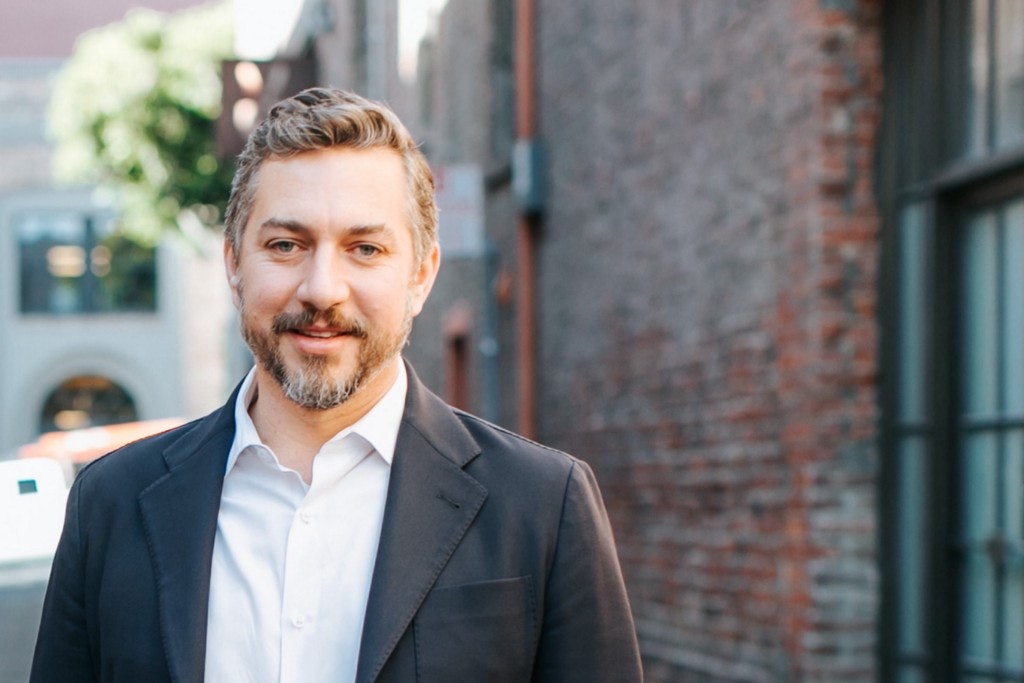
Jacob Haar – CIM
How did COVID-19 affect your fund? What have you learned from it?
In our experience, COVID-19 highlighted what we believe has been apparent for some time: that fintech possesses the potential and the path to scale financial inclusion beyond traditional financial institutions to reach small businesses and consumers in a better and more efficient way. Significant market dislocation caused by COVID-19 has accelerated the digital transformation of society and commerce, which is enabling a new generation of innovative credit providers to offer a spectrum of products such as loans, credit lines, advances, subscriptions, revenue-based financing, factoring of receivables, and other alternative credit arrangements to reach borrowers quickly and at scale. Now more than ever, CIM believes scaling responsible fintech lenders is a compelling opportunity to advance financial inclusion for underserved communities. CIM’s track record demonstrating the potential of innovative financial technology solutions to fund creditworthy but underserved U.S. small businesses and communities has positioned CIM for the critical moment in which our economy and communities find themselves in the wake of the COVID-19 pandemic. Because of their ability to move quickly and due to the immediate disruption of physical business operations, responsible fintech lenders can play an important role as financial first responders in the nation’s economic recovery.
What are you most excited about when you look to next year?
Over the last year, we have made significant progress in the development of an Emerging Markets strategy. Similar to the situation in the U.S. several years ago, the emerging markets fintech ecosystem is currently a buzzing laboratory of innovation supported by ample VC funding and compelling infrastructure and regulatory improvements across key markets. Over the last five years, VC investments in emerging markets (ex. China) have nearly tripled, with nearly a third of all investments going to fintech companies. In order for this laboratory of innovation to produce and demonstrate responsible models at scale however, there is a widespread need for strategic debt capital. CIM is equipped with valuable experience in the demonstration and scale of inclusive fintech products in the U.S. as well as extensive expertise and networks across Emerging Markets cultivated through the team’s deal experience across 40+ countries working in fintech VC as well as microfinance debt. We are excited to launch and scale this product next year, advancing digital financial inclusion beyond the U.S. in Emerging Markets.
What has been one of the biggest “wins” of 2020?
2020 has been a tumultuous year in many regards – economically, socially, and politically. The Black Lives Matter movement and national attention to racial injustice has brought racial equity to the forefront of many. We see this renewed focus as an opportunity to learn and push forward the advancement of racial equity by investing in BIPOC companies, supporting BIPOC small businesses and individuals, and working to improve upon our own firm’s internal diversity and inclusion initiatives.
How were you able to make a positive social impact through your investments this year?
Significant capital is required during and following the economic crisis caused by COVID-19. Government stimulus programs directed to small businesses are extraordinary, needed and laudatory, but may fall short not just in terms of dollars, but also in terms of the speedy and efficient underwriting and disbursement required to ensure that liquidity reaches smaller businesses underserved by the traditional banking sector, particularly those businesses owned by women, people of color and military veterans. In direct response to the economic disruption of the COVID-19 pandemic, we launched a second product in June focused on financing small businesses in Colorado. We launched this vehicle in partnership with a single family office focused on Colorado and we hope this product will be the first in a series of targeted portfolios across the nation. As discussed above, we believe it is important, now more than ever, to ensure small businesses and underserved communities are supported and have access to the capital they need to sustain and grow. The launch of this vehicle coupled with our continued deployment of capital to small businesses and underserved communities across the United States during the pandemic highlights the continued positive social impact that the CIM strategy strives to achieve.
Is there a story from within your portfolio that stands out from 2020 that you would like to share?
CIM recently closed a $100 million facility with Founders First Capital Partners (FFCP), a revenue-based financier and online accelerator focused on growing service-based businesses located in low-income communities or owned by women, people-of-color, or veterans. FFCP is committed to empowering underserved and diverse leaders often overlooked by traditional funding sources by providing them with access to capital, expertise, and resources to enable them to build sustainable and profitable businesses. Founded and led by Kim Folsom, a serial tech entrepreneur with 25 years of experience founding and building start-ups, FFCP’s impact focus and aligned cultural competencies well positions the team to serve underrepresented business owners. FFCP’s revenue-based investment platform is a compelling alternative to venture capital and fixed-payment loans as a forward-looking and structurally flexible financial solution. The transaction was structured to align incentives of all parties to deliver both financial return and social impact, and reflects a growing awareness of the benefits of investing in ventures committed to addressing racial and gender inequality. CIM’s facility will enable FFCP to significantly expand its investment platform reaching underrepresented businesses and supporting job creation in underserved communities, as well as help the company access key equity investment opportunities and industry veterans to serve as advisors to the team.
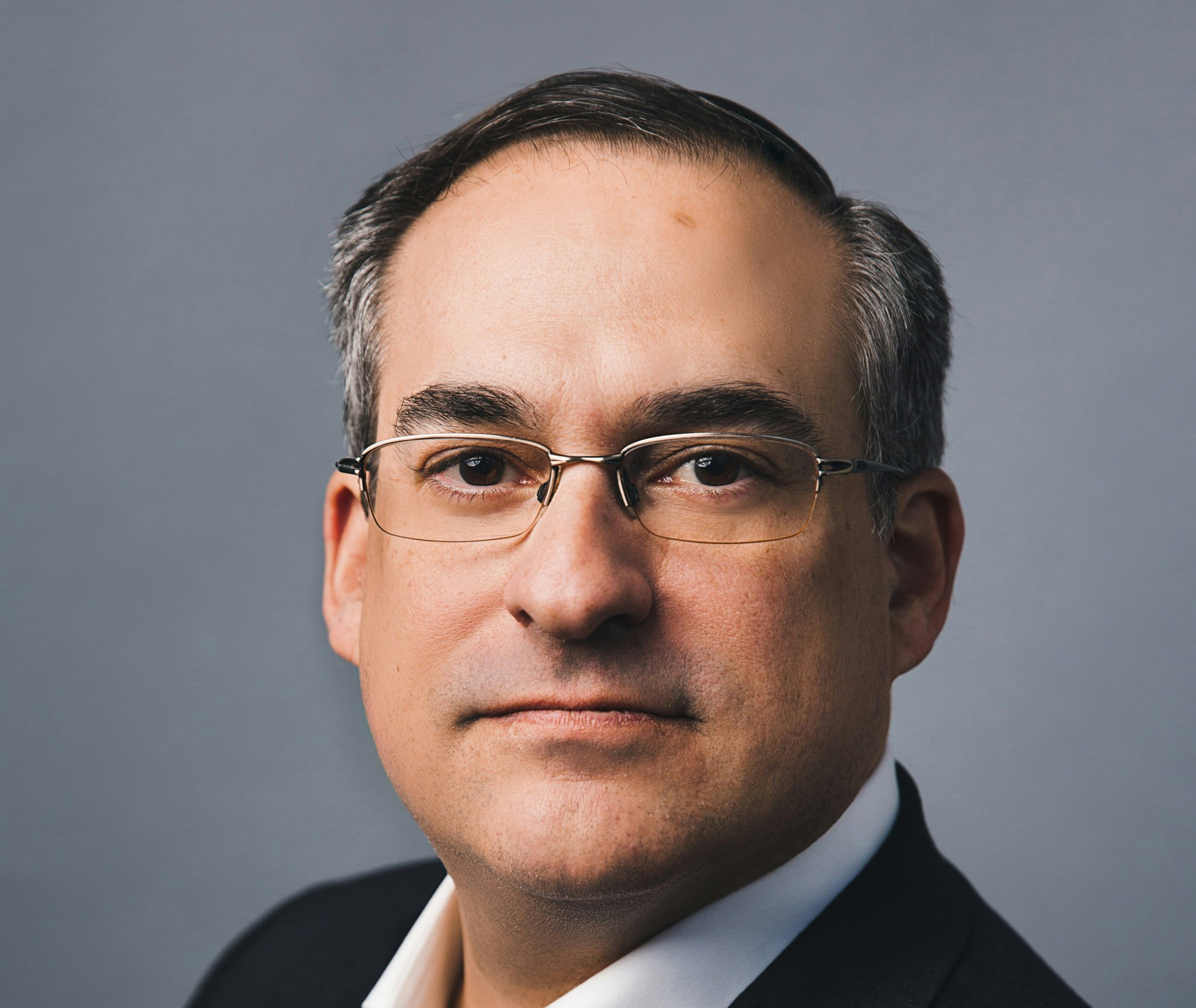
Jon Needell – Kairos Investment Management
How did COVID-19 affect your fund? What have you learned from it?
Our Affordable Housing Strategy has been fortunate to have done reasonably well during the COVID-19 pandemic. However, it was not unaffected by the pandemic which caused an economic shutdown, job losses, and stress-related to tenants’ ability to pay their rent. Looking at operational execution, the strategy saw its percentage of collections drop from the high 90s to the mid-90s while occupancy moved higher over the same period. These figures were above average for multifamily properties and much better than most other property types.
We believe that affordable housing tends to be a relatively recession-resistant property type, especially in terms of occupancy. We learned that no matter what plan you have in place, you need another one to plan for the unexpected. We were fortunate to have our recessionary playbook available during COVID and utilized it as a roadmap with the goal of de-risking the portfolio in the face of uncertainty.
What are you most excited about when you look to next year?
We are excited to deploy capital next year to acquire, improve, and provide high-quality affordable housing to those in need. The uncertainty associated with COVID has created an opportunity to invest in properties at attractive prices, with advantageous terms, at very low financing rates. We see new and exciting opportunities daily and our pipeline continues to grow.
What has been one of the biggest “wins” of 2020?
Early in the pandemic, we developed a plan to operate and stabilize the portfolio. This had the additional benefit of allowing us to finance several of our properties at historically low-interest rates (averaging below 3.0%). This built liquidity and established a more resilient cash flow during an uncertain time.
Another one of the strategy’s biggest wins was its ability to continue to provide social programs in the face of the pandemic. In many regions, in-person interaction was difficult to achieve which was a headwind for many in place social programs. We were able to get creative and provide an impact to these communities when they needed it most. That included partnering with local non-profits to provide grocery delivery to children whose school lunch programs had been shut down, provide COVID antibody testing (in conjunction with blood drives), and provide online cooking classes and nutrition classes.
How were you able to make a positive social impact through your investments this year?
Community (COVID 19): In 2020, the COVID 19 pandemic impacted the daily lives of many of our residents. Across the portfolio, the focus was how to best serve our residents in their time of need, while following restrictions on in-person gatherings. Our team worked diligently to provide resources to all residents while navigating local restrictions. Through various organizations, we were able to provide residents with COVID 19 antibody tests in conjunction with blood drives.
Health and Wellness: In addition to the aforementioned COVID 19 antibody tests, we were able to provide residents with free vision exams and glasses for children.
Nutrition: We were able to offer our residents various nutrition programs. These programs varied from summer lunch programs for children who would typically receive school lunches, to grocery delivery programs and other community-based food assistance programs.
Art and Education: We were able to provide students with school supplies, in anticipation of their return to school. Children of residents ranging from elementary school to high school received backpacks filled with necessary supplies. Through various local universities we were able to provide residents with online cooking, health and nutrition, wellness, and physical education classes.
Environmental Impact:
- Projected Annual Water Savings: 45,804,117 Gallons ($260,920 Savings)
- Projected Annual Power Savings: 2,314,491 Kilowatt Hours ($248,345 Savings)
Is there a story from within your portfolio that stands out from 2020 that you would like to share?
The social impact tends to be what stands out most. Specifically, in 2020, we had the opportunity to partner with a nonprofit called Florida’s Vision Quest (FVQ) to provide free vision exams and prescription glasses to residents in Orlando, Florida. FVQ brought their mobile unit to the community along with their doctors and nurses. We had several families participate with each having at least one child receive a pair of free prescription glasses. It was a joy to provide this service to these underserved families that would have otherwise gone without it.
–
Thank you to all of our amazing partners who worked with us this year. You can learn more about the rest of our Managed Assets portfolio here.
